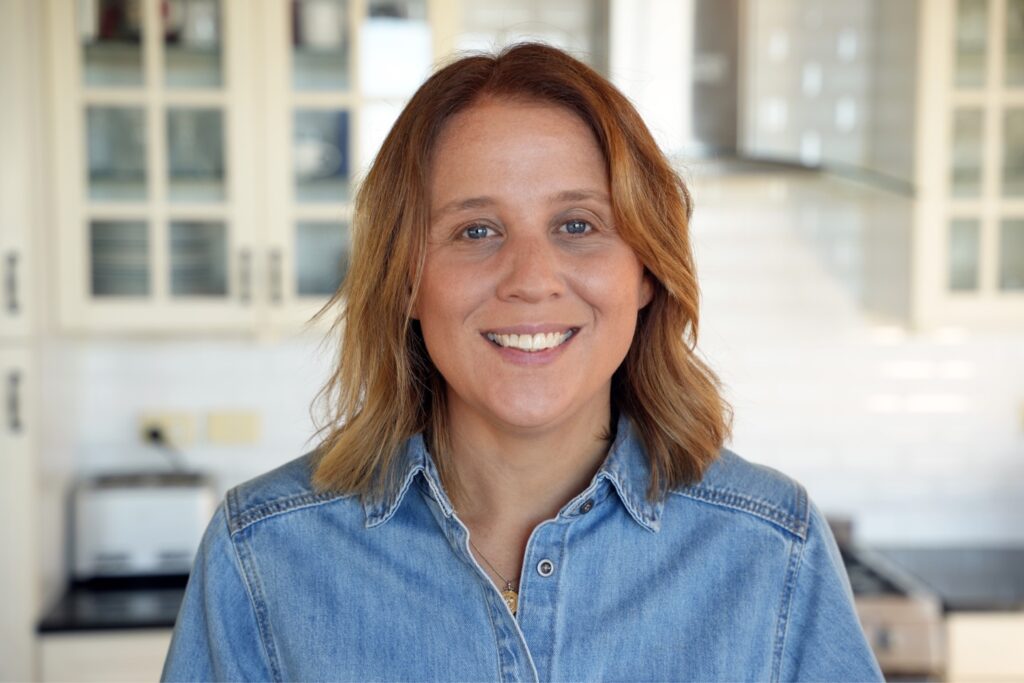Authentic photos matter more now

Four years ago, I wrote a guide covering 10 things to check to help build trust on your website’s bio/about/team page.
The first item was: “Do you still look like yourself?” It sounds almost funny to write that, but it’s as vital a question as ever. Does the photo on your website look like you do in person today? If you were to get on a video conference call or have a business meeting with someone, would you be clearly recognizable, or would they be taken by surprise? If not, it’s time for a new photo.
This helps build subtle trust signals because you look familiar and consistent with the picture that the person has in their mind of you.
In the past, I’d ask clients to provide high-quality source photos. Ideally, these were taken by a professional photographer, a high-quality camera, or a late phone model, with great composition and lighting. The types of photos that weren’t ideal were ones where other people had been cropped out (you could always tell), that had distracting backgrounds, or were taken on vacation (unless the website was in the travel industry). In short, I was telling them to provide something professional. We would then lightly touch up photos, such as removing a piece of stray hair, a temporary blemish, reflections in glasses, or a distracting sign in the background.
More recently, I’ve found myself counseling clients not to add obvious facial filters or provide AI-generated headshots. It’s tempting, I get it. They are fast, fun, and easy to use, and at first glance and on the surface, they might look professional, suitable, and maybe even amazing. Dig a little deeper, look more closely, however, and we go back to the original question: Does it look real? As soon as I see a portrait image that is AI-generated or heavily filtered, I lose some trust and become suspicious: what else is not as it seems around here?
As social researcher Brene Brown says, trust is built through a series of small “marble jar” moments, and when someone has to say “trust me!” at a critical moment, that’s a red flag. People are not perfect, and our imperfections, our unrounded, quirky personalities, are what make us memorable, what makes us who we are. If we all talked and looked the same, the world would be so bland, boring, and forgettable.
Yes, photos need to present us well, but they need to be real, raw, honest, and authentic. The internet is being flooded with AI-generated safe and homogenous “beauty”, averaged from all notions of what users like. It ends up looking cheap and deceptive, and all the same. Once trust is broken, it’s harder to rebuild.
Resist the urge to use AI to create your professional headshots. Be all the human that is you.
(Insert K-Pop: Demon Hunters song here. You’re welcome!)
